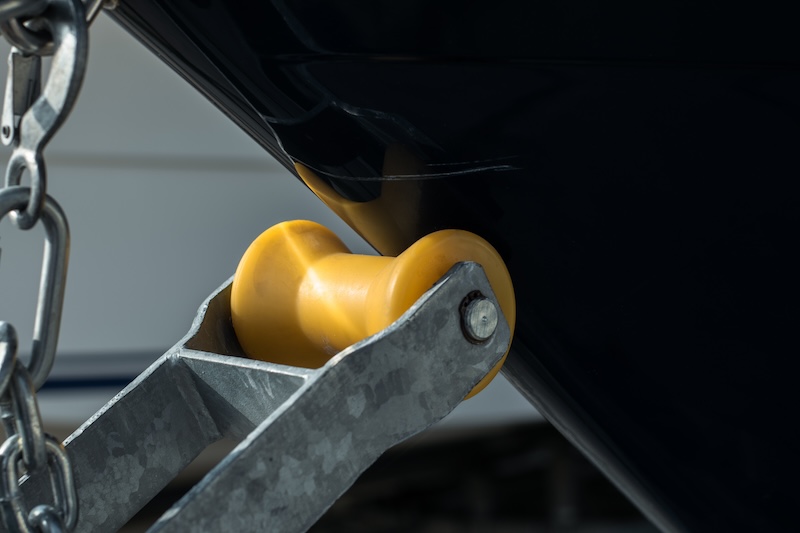- (800) 888-5156
- (866) 814-0081
- Blog
-
-
Urethane Sheeting
-
Spill Control Products
-
Photo Gallery
-
Request A Quote
-
Contact Us
Saltwater is relentless. It eats away at metals and weakens even the toughest materials. If you’re in the marine industry, whether dealing with boats, docks, or industrial marine equipment, you already know the battle against corrosion, impact, and extreme weather never stops.
What if there was a material that could fight back, standing strong against salt, moisture, and UV exposure while lasting significantly longer than traditional options?
That’s where polyurethane comes in.
From dock bumpers to boat components, water-resistant polyurethane delivers unbeatable durability, flexibility, and resistance to water, salt, and impact. Here, we’ll break down why polyurethane is the superior choice for marine weatherproofing, how it outperforms other materials, and how you can use it to protect your assets for years to come.
Polyurethane is a synthetic polymer known for its flexibility, impact resistance, and chemical resilience. It is widely used in marine applications because it effectively seals against water penetration, prevents corrosion, and can be formulated to resist UV degradation. Unlike traditional materials such as rubber or metal, polyurethane maintains its properties even in extreme marine conditions, making it a preferred choice for professionals in the industry.
PSI Urethanes specializes in manufacturing custom polyurethane solutions that cater to marine and saltwater applications. From industrial dock bumpers to urethane sheet stock designed to resist saltwater exposure, PSI’s products deliver reliability in tough conditions.
Engineered for extreme environments, water-resistant polyurethane offers superior resistance, flexibility, and longevity, making it the go-to solution for boats and marine equipment. Here’s why:
Struggling with Saltwater Corrosion? Protect your boats, docks, and marine machinery with PSI Urethanes’ durable solutions.
PSI Urethanes provides high-performance water-resistant polyurethane sheeting in a variety of thicknesses and durometers, making it an excellent choice for:
Available in custom sizes, colors, and hardness levels, PSI’s urethane sheets are a versatile solution for demanding saltwater environments.
Unlike rubber, polyurethane bumpers maintain their shape, strength, and elasticity even after repeated impacts in extreme conditions.
These components help protect essential equipment from water ingress, corrosion, and premature wear in saltwater environments.
Bonded polyurethane solutions deliver exceptional durability, reduced maintenance needs, and enhanced performance in high-stress marine environments.

These components are ideal for boat engines, suspension systems, and heavy-duty marine equipment that demand long-lasting performance.
Custom formulations allow these pads to be tailored for marine applications, ensuring maximum protection and durability.
| Weatherproofing Method | Pros | Cons |
| Polyurethane | Flexible, water-resistant, impact-absorbing, customizable | Requires precise application |
| Epoxy Coatings | Strong adhesion, chemical-resistant | Brittle over time, cracks under stress |
| Marine-Grade Paints | Affordable, UV-resistant | Requires frequent reapplication |
| Rubber Seals | Good initial sealing, affordable | Breaks down with UV and salt exposure |
| Fiberglass Resin | Durable, rigid | Can crack under stress, expensive repairs |
By following these best practices and addressing potential challenges, you can maximize the lifespan and performance of polyurethane in marine and saltwater weatherproofing applications.
Polyurethane has proven itself as an excellent solution for marine and saltwater weatherproofing, offering superior protection against water, salt, and mechanical stress. PSI Urethanes provides a range of custom urethane solutions tailored for marine applications, ensuring long-term reliability in the toughest conditions. Whether you need gaskets, bumpers, or water resistance, polyurethane is a versatile material that keeps marine structures and equipment protected for years to come.
Ready to enhance your marine weatherproofing? Explore PSI Urethanes’ product range today!